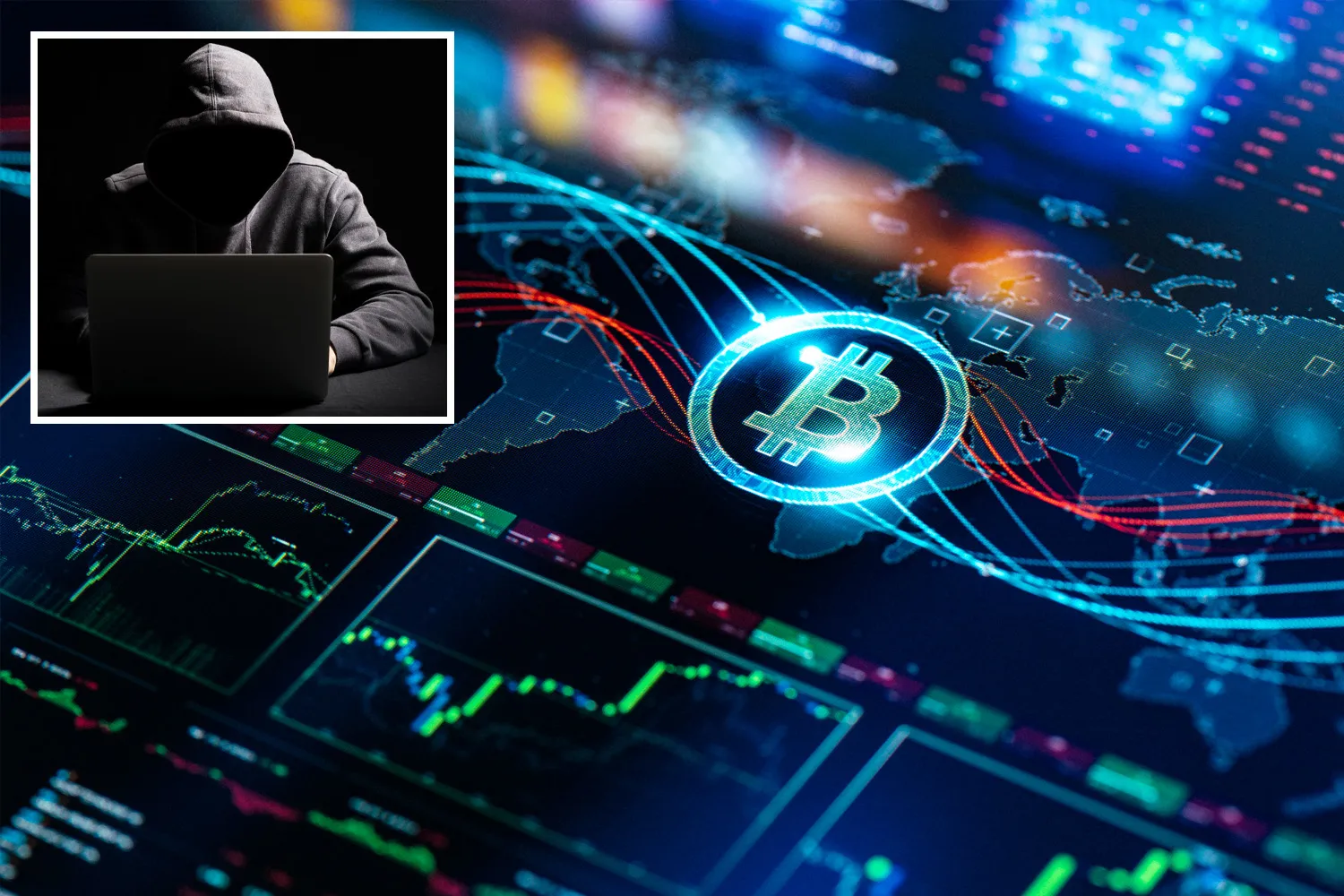July 2024 has been a tumultuous month for the cryptocurrency sector, with a series of high-profile hacks resulting in significant financial losses. A total of $266 million was stolen across 16 different attacks, highlighting the ongoing vulnerabilities within the crypto ecosystem. The most devastating of these attacks targeted the Indian-based centralized crypto exchange WarizX, resulting in a loss of $230 million. Other notable hacks included losses of $24 million at Compound and $8 million at LI.FI. Here, we delve into the details of these incidents and their broader implications.
WarizX Hack: The Largest Heist
WarizX, a major centralized cryptocurrency exchange based in India, suffered the largest attack in July 2024. Hackers managed to infiltrate the exchange’s security systems and compromise one of its hot wallets, leading to a theft of $230 million. This incident has shaken the confidence of many users and investors in centralized exchanges, underscoring the critical need for robust security measures in the crypto space.
Compound Hack: DeFi Under Siege
The decentralized finance (DeFi) platform Compound was another major victim in July. Hackers exploited a vulnerability in Compound’s smart contracts, resulting in the theft of $24 million. This attack highlights the inherent risks in the DeFi sector, where the open and programmable nature of smart contracts can be both a strength and a weakness.
LI.FI Hack: Cross-Chain Vulnerabilities
LI.FI, a cross-chain DeFi protocol, also faced a significant breach, with attackers siphoning off $8 million. The hack exploited flaws in the protocol’s smart contract code, particularly targeting users who had set infinite approvals on their accounts. This incident emphasizes the importance of continuous security audits and the need for users to manage their token approvals carefully.
Broader Implications of the Hacks
1. Increased Market Volatility The series of hacks in July has contributed to increased volatility in the cryptocurrency markets. Such incidents often lead to panic selling and a loss of investor confidence, causing price fluctuations across various digital assets.
2. Regulatory Scrutiny These high-profile breaches are likely to attract more regulatory scrutiny. Governments and financial regulators may push for stricter security standards and compliance requirements for crypto exchanges and DeFi platforms to protect investors.
3. Security Enhancements In response to these attacks, many crypto platforms are likely to invest more heavily in security measures. This includes conducting regular security audits, implementing more robust encryption protocols, and educating users on best practices for safeguarding their assets.
4. Impact on Adoption While the hacks highlight the vulnerabilities in the current crypto infrastructure, they also serve as a wake-up call for the industry. Improving security can ultimately enhance trust and promote wider adoption of cryptocurrencies and blockchain technology.
Conclusion
The crypto hacks in July 2024 have underscored the critical need for enhanced security in the cryptocurrency and DeFi sectors. As the industry continues to grow, so does the sophistication of cyber-attacks. It is imperative for exchanges and DeFi platforms to stay ahead of these threats through continuous innovation and vigilant security practices. By addressing these challenges, the crypto industry can build a more secure and resilient ecosystem for all participants.
Uncover Key Economic Indicators for 2024
Want to know which global economic indicators are crucial to watch in 2024 and how they can guide economic forecasts? Read our article Global Economic Indicators: Data to Watch in 2024. This guide will help you make informed decisions for your investment and economic strategies.





